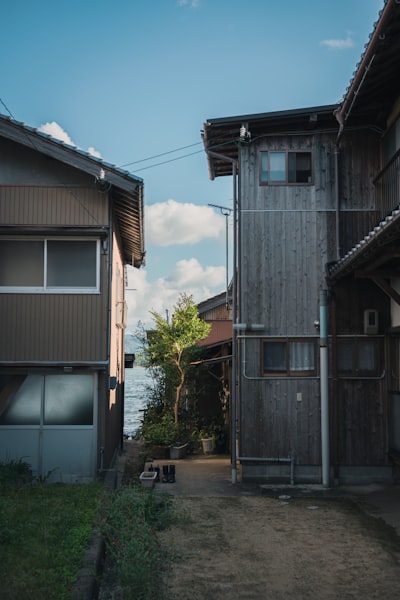Summary
Japan is witnessing a surprising shift in its real estate market, particularly concerning properties known as jiko bukken or 'misfortunate properties'—homes where deaths, often socially isolated or involving suicide/murder, have occurred. Traditionally shunned due to spiritual beliefs and social stigma rooted in Shintoism, these homes are gaining appeal as surging property prices force buyers and renters to consider previously undesirable options. Companies like Kazutoshi Kodama's Kachimode even offer paranormal investigations and 'ghost-free' certificates to reassure tentative buyers. As an aging population drives up the number of solitary deaths, the supply of such stigmatized homes is rising. Government guidelines now allow the jiko bukken label to be dropped after three years for deaths by natural causes, further fueling market interest, especially among investors seeking higher returns.
Analysis
The story encapsulates the interplay of economics, culture, and demographic change in modern Japan. The core driver is rising real estate prices, fueled by domestic pressures (rising construction costs, labor shortages) and a global influx of investment due to a weak yen. As affordability slips out of reach for many, the need to re-evaluate prior taboos grows.
Beneath this, cultural convictions—particularly around spirits and the afterlife—exert a uniquely Japanese influence. Ghost investigation services and Buddhist ceremonies for purifying tainted homes highlight the resilience of these beliefs, even as economic imperatives reshape their practical impact. The old taboos are not so much disappearing as being renegotiated, mediated by both new service industries and regulatory shifts.
Socially, the trend spotlights the isolation of Japan's rapidly aging population. The increase in undiscovered deaths is both a symptom of a fraying community fabric and a prompt for reflection on the country's social structure. The government's three-year rule is pragmatic—balancing the need to protect consumers with the reality that the stigma is costly for property owners and widens social divides.
Potential biases in the article include a focus on investor and business viewpoints, with only brief input from those unwilling to consider such homes. There’s also limited exploration of the emotional toll on families or broader public attitudes about the commodification of tragedy.
Discussion
This topic matters for several reasons. It exposes how housing crises and demographic shifts can challenge deeply held cultural norms. Similar phenomena have occurred elsewhere—stigmatized properties, such as those where violent crimes happened, routinely feature in housing shortages from the US to South Korea. Yet Japan’s particular intersection of spiritual beliefs, aging society, and rapid economic change makes its case especially notable.
Is the normalization of jiko bukken inevitable? On one hand, economic necessity may trump superstition, particularly for renters with limited options or for absentee investors. Yet the emotional and psychological dimensions—what price would you put on peace of mind?—mean that for some, no discount suffices. The rise of cottage industries like Kodama's suggests entrepreneurial spirit can monetarily bridge (but not erase) cultural discomfort.
Ultimately, the story underscores how societies adapt, unevenly, to pressures of modernization and demographic change. The fate of Japan’s 'haunted' homes raises questions about memory, value, and the boundaries between tradition and pragmatism. As the world grows older and urbanizes, Japan may be a bellwether for future housing dilemmas everywhere.
Critical question: As economic and social shifts force us to confront properties and scenarios once considered unthinkable, how do we balance respect for the past—and present trauma—with the hard reality of housing needs?
Personal reflection: The transformation of 'death-tainted' homes from pariah to prize is not just a story about Japanese ghosts or economics; it’s about how humans everywhere negotiate discomfort, memory, and necessity.

Comments
No comments yet. Be the first to comment!